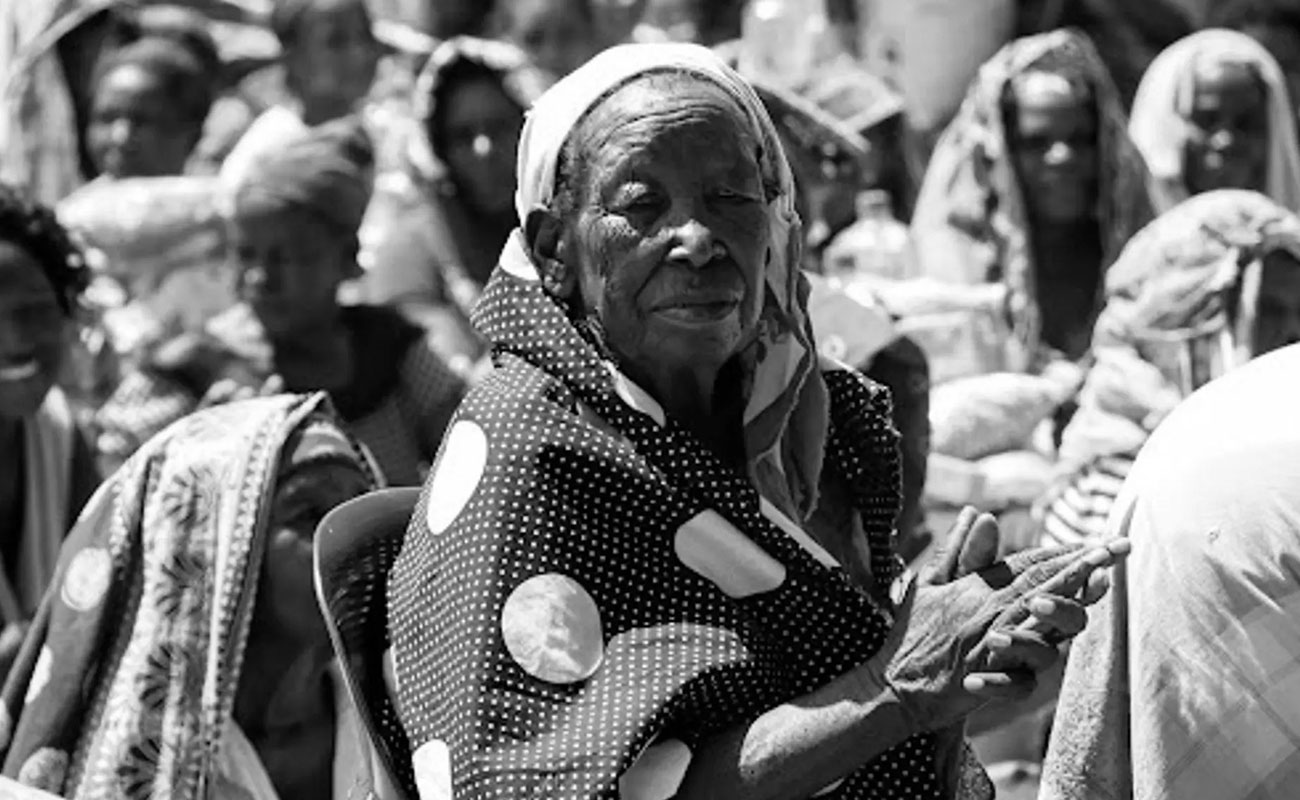
By Oluwaseun Taiwo
At the beginning of the century in year 2000, the average life expectancy in Africa was 46 years old. By 2019, life expectancy in Africa increased to 56 years, according to the World Health Organization (WHO) African Region 2022 Report. The demographic shift in population due to increasing life expectancy has led to the prevalence of Alzheimer’s disease and other forms of dementia. Despite this, dementia in Africa is often overlooked, underdiagnosed, and poorly understood.
The prevalence of Dementia in Africa remains lower compared to developed regions like Europe and North America, but this gap is closing as populations age. In 2015, over 2.13 million people in Africa were estimated to be living with dementia, with the number expected to rise sharply by 2030 to 3.48 million and 7. 62 million by 2050{Alzheimer’s Disease International,2017}
In South Africa, Alzheimer’ disease is rising due to improved healthcare and longer life expectancy. In Nigeria’s urban centers like Lagos, dementia is gradually being recognized. A 1995-2015 study revealed that the prevalence of dementia in the elderly population (above 65) was around 4.9% (httpss:www.ncbi.nim.nih.gov/pmc/articles). In Kenya, with a growing elderly population, dementia cases have steadily risen, with Alzheimer’s disease making up the bulk of these diagnoses, particularly among those above 60 years of age.
The risk of Alzheimer’s disease and dementia increases significantly with age, with most cases occurring in people over 60 years However, in Africa, dementia is often seen in younger age groups (below 65), partially due to the prevalence of other health issues such as HIV/AIDS, hypertension, and stroke, which can contribute to cognitive decline.
Efforts to address dementia in Africa have been increasing, though challenges remain due to limited resources, inadequate healthcare systems, and a lack of awareness. Countries like South Africa, Kenya, and Nigeria have launched awareness campaigns to educate the public about dementia. These efforts aim to reduce stigma, which remains a significant barrier to early diagnosis and treatment.
In 2017, the World Health Organization (WHO) launched the Global Action Plan on the Public Health Response to Dementia 2017-2025, which Africa is part of. The action plan encourages countries to develop national dementia plans, improve care systems, and invest in research. Academic institutions across Africa are conducting research to understand the local patterns of dementia. For instance, the 10/66 Dementia Research Group has been instrumental in assessing dementia prevalence in low- and middle-income countries, including parts of Africa. Local health interventions focus on managing risk factors for dementia, such as cardiovascular health, lifestyle changes (diet, exercise), and cognitive health. Some healthcare programs are also addressing conditions like hypertension and diabetes that contribute to dementia risk.
Over the last decade, there has been significant progress in raising awareness about dementia in Africa. Organizations such as Alzheimer’s Disease International (ADI) have successfully partnered with African governments and NGOs to launch initiatives aimed at educating the public.
Many African societies still attribute dementia to superstition or old age, leading to underdiagnosis and late detection. People with dementia are often hidden away or neglected due to stigma and lack of understanding. Healthcare systems in Africa are often overstretched, and dementia care is not prioritized. There are insufficient healthcare professionals trained in geriatric care and cognitive diseases, and many people do not have access to diagnostic tools like brain imaging and cognitive testing. While research efforts have increased, they are still limited by insufficient funding. Few countries in Africa have comprehensive epidemiological studies on dementia, and the majority of data comes from smaller, localized studies, making it difficult to get a full picture of the disease burden.
Addressing dementia in Africa requires a multifaceted approach. The current efforts to raise awareness and establish dementia care policies are commendable but not enough. There needs to be a concerted effort to improve diagnostic capabilities, train healthcare professionals, and provide support for families affected by the disease.
Governments should prioritize geriatric care in their healthcare agendas and allocate resources towards creating dementia-friendly environments. Community-based care, supported by local health workers, could help bridge the gap in care for dementia patients in rural and underprivileged areas. More importantly, countries should collaborate in sharing data, conducting research, and devising effective intervention strategies that are culturally sensitive and affordable.
As the prevalence of Alzheimer’s and dementia is expected to rise with Africa’s aging population, the region cannot afford to delay action. Both the public and private sectors must unite to address this pressing healthcare challenge, improving the quality of life for millions of elderly Africans and their families. The earlier these issues are addressed, the better Africa can manage the impending rise in dementia cases.
